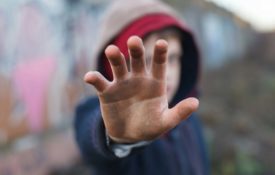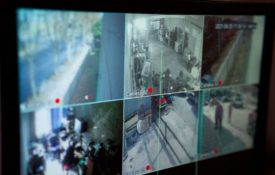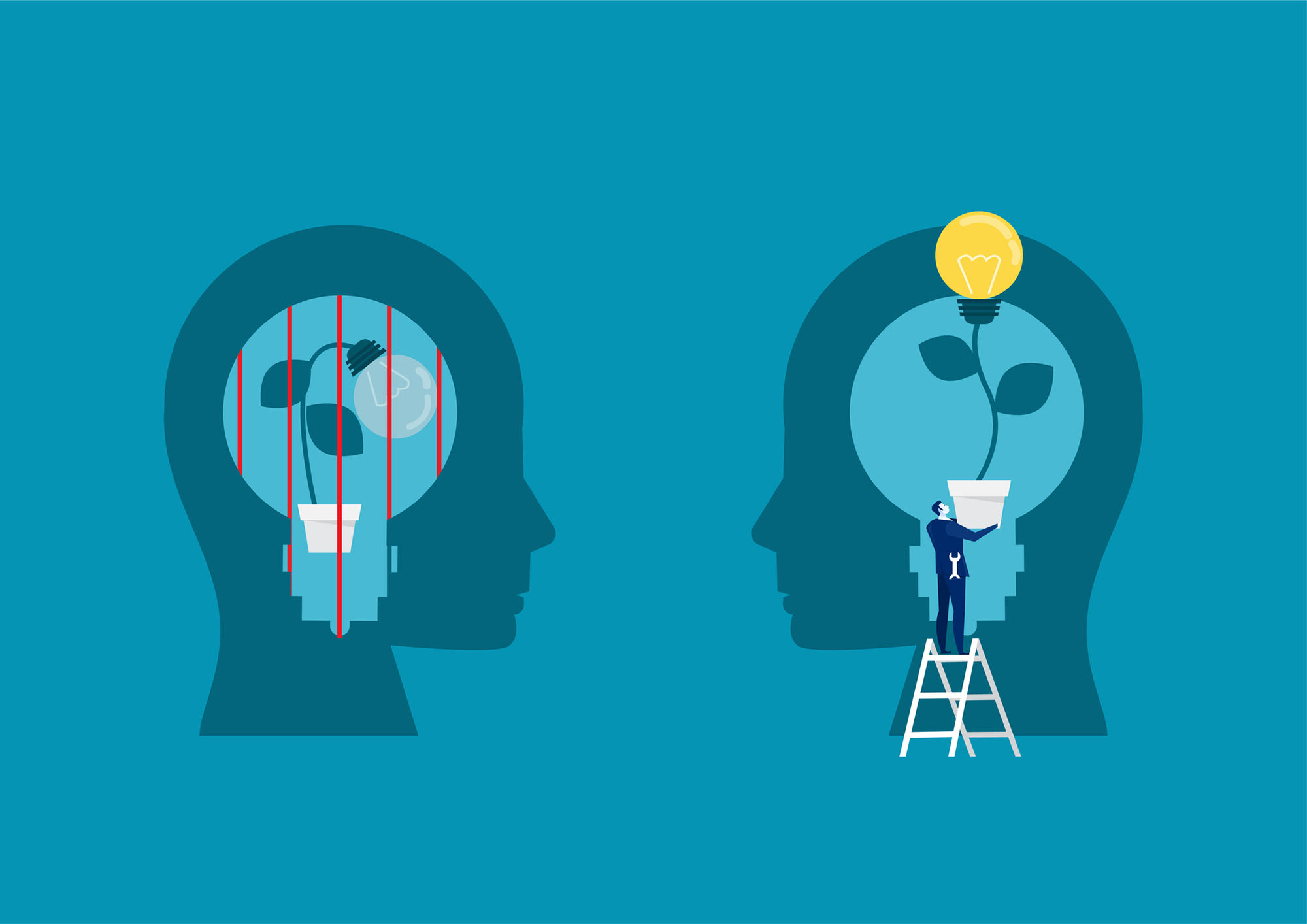-

Teaching: Ethical Research to Help Romania’s Abandoned Children
An early intervention experiment in Bucharest can introduce students to the importance of responsive caregiving during human development.
-

Teaching: Understanding Our Inner Darkness May Shed Light into Humanity’s Common Good
A group activity can help students reflect on different kinds of dehumanization and brainstorm a more prosocial path forward.
-

Teaching: Why the Bias Blind Spot Matters and How to Reduce It
We often recognize bias in others but rarely in ourselves. Teaching students about the bias blind spot can help them increase their self-knowledge and reduce interpersonal conflicts.
-

Teaching: The Perils of Post-Event Identification
Eyewitness memory is susceptible to distortions that can lead a witness to mistakenly identify an innocent suspect as a perpetrator. Teach students about the challenges inherent in identifying a face from a video image.
-

Teaching: Applying a Growth Mindset to Mental Disorders
Although genetic profiling can provide useful information that can enhance personalized treatment plans for individuals, Ahn and Perricone (2023) argue that learning more about one’s genetic risk for mental disorders can have unintended and potentially negative consequences.
-

Teaching: Are Romantic Relationships Actually Good for Mental Health?
Few psychologists realize that a potent risk factor for psychological disorders has been hiding in plain sight: people’s dissatisfaction with their current romantic relationship. Teach critical thinking about risk factors and relying on scientific evidence rather than intuition.

